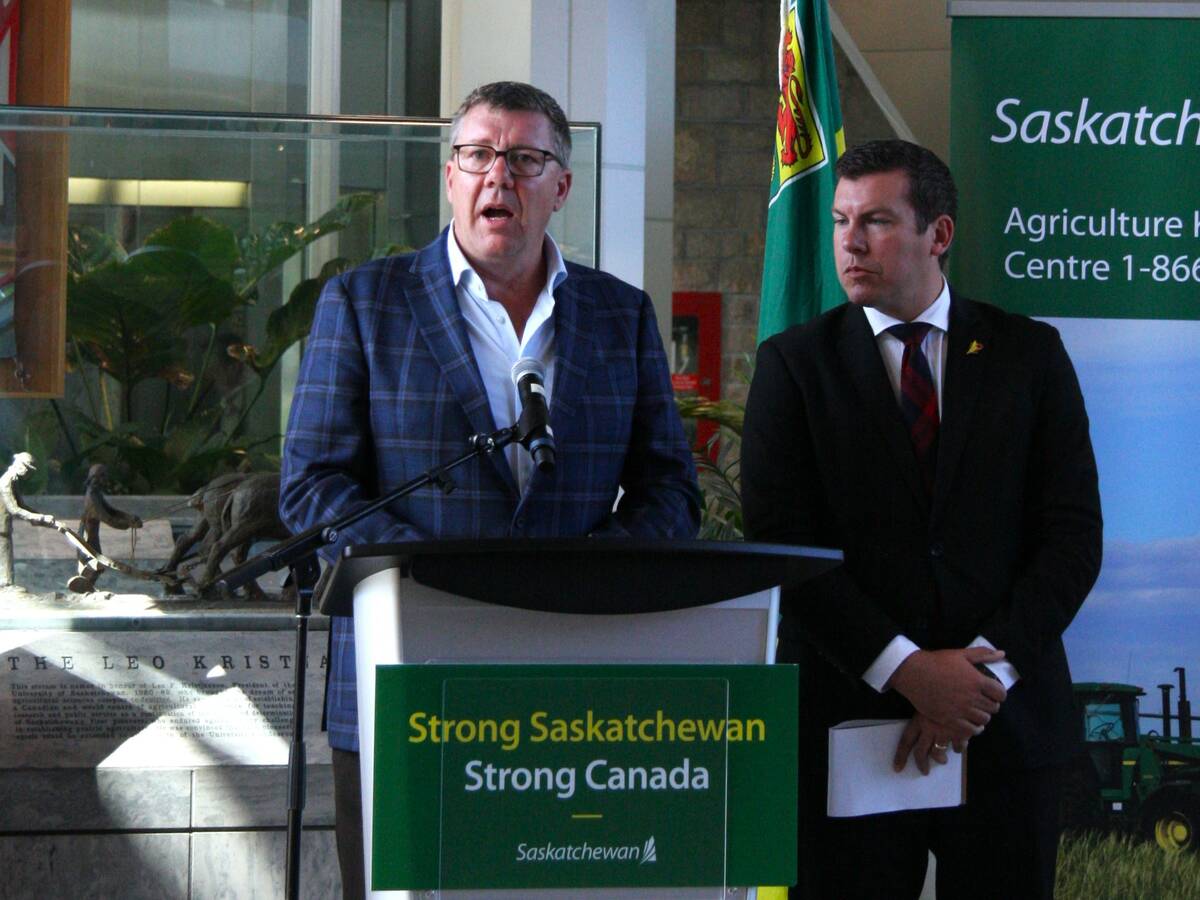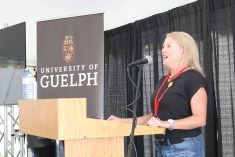Government assistance to help get donated hay from Western Canada to drought-affected farmers in Ontario has run out.
But organizers of HayEast 2012 say they will continue to co-ordinate the donation and delivery of hay with money from private donations.
The federal and Ontario governments announced in November they would cost-share a $500,000 cash contribution to HayEast 2012 to transport hay, and would match cash donations to a maximum of $2.5 million.
That funding expired Feb. 28.
Ontario Federation of Agriculture president Mark Wales said support from farmers, organizations, businesses and governments have all helped livestock producers feed their animals through the winter.
Read Also

Canada had constructive talks with China over canola dispute, Ottawa says
Canadian officials had constructive talks with their Chinese counterparts about Beijing’s tariffs on canola during a recent visit, Prime Minister Mark Carney’s office said in a statement on Friday.
“Government funds have expired but organizers are still assessing how many more farmers we can continue to help before the private donations run out,” he said in a news release.
Ontario farmers had been looking for at least 60,000 round bales.
HayEast 2012 efforts began in September in response to the drought and to, in a sense, repay the kindness of eastern farmers for their HayWest campaign of 10 years ago.
Agricultural Producers Association of Saskatchewan president Norm Hall said as long as there is money in the bank the work will continue.
Donations can still be made at any Scotiabank branch across Canada.















